BAD DEBTS AND MISCODED REVENUES
In a December 11, 2017 Tax Court of Canada case (Groski vs. H.M.Q., 2009-2839(IT)G, 2009-2838(IT)I), several items were at issue. A key issue was whether bad debts of $217,959 were deductible against $539,217 of self-employed accounting income. A sub-point was that only $47,959 was reported as a bad debt, the remaining $170,000 was directly offset against gross revenues by not including management fee revenues of that amount.
Miscoding of Revenue
The taxpayer had received a management fee of $170,000, but simply did not include it in income to offset that portion of the bad debt. When asked why, the taxpayer indicated that the aggregate sum of $217,959 was “abnormally high” and reducing it by the $170,000 fee would “normalize” the figure. The Court noted that ignoring the statutory method of completing each line, provided that the “effective result” of net income is the same, makes the reporting of income non-compliant, misleading and absurd.
Editors’ Comment
Based on the Court’s comments, it appears as if such miscoding might provide a basis for opening up statute-barred years. Also, depending on the size and nature of the miscoding, it may also support a gross negligence penalty.
Bad Debt Expense
After establishing the actual bad debt claim to be $217,959 as opposed to $47,959, the Court examined whether it was an eligible deduction. To be deductible, “temporally proximate deliberation” is necessary to ascertain which accounts had become uncollectible for the year. In other words, a demonstration of sufficient work completed to determine specific accounts/amounts that had become uncollectible in the year is required.
The taxpayer provided an accounts receivable (A/R) listing with single word, hand notations regarding collectability or doubt. There was no other account specific evidence provided – no rendered invoice, demand letter, petition or assignment into bankruptcy of a debtor, legal demand letter, reminder statement, statement of claim, nor finalized A/R listing. Also, the A/R listing provided did not indicate invoice numbers, dates of rendering, or what portion reflected uncollected charges versus interest accrued.
As the taxpayer did not provide sufficient specific evidence, the bad debt claim was disallowed.
For further information see Video Tax News Monthly Tax Update Newsletter, Issue No. 438
